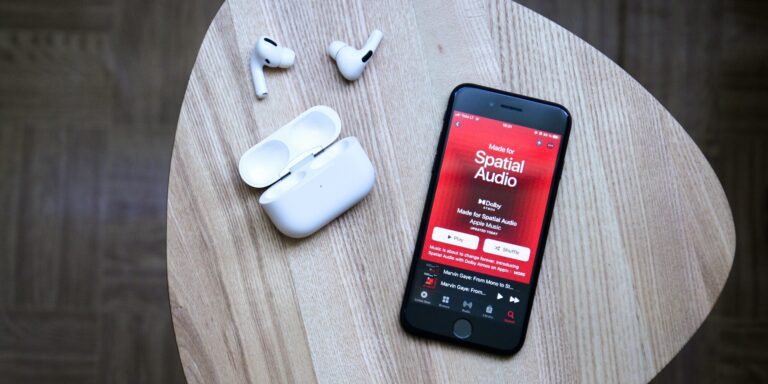In a significant development within the global music industry, Apple Music has announced the acquisition of Bandcamp, the independent music platform renowned for empowering artists. The move marks Apple’s latest effort to solidify its position as a champion of creative independence while also expanding the tools it offers to musicians and listeners worldwide.
Apple CEO Tim Cook confirmed the acquisition on Monday, assuring the public that Bandcamp’s long-standing artist-first model will be preserved. “We are excited to welcome Bandcamp into the Apple Music family,” Cook said in a statement. “Our goal is to maintain the platform’s unique spirit while offering artists more tools to connect with their audience.”
Bandcamp has earned widespread respect in the music community for allowing musicians to retain control over pricing and revenue, in contrast to traditional streaming services that often provide lower compensation. The company’s commitment to artist equity has made it a preferred destination for independent and emerging artists.
Apple’s acquisition comes amid growing calls for fairer compensation structures in the streaming industry. With artists frequently voicing concern about low royalty payouts from major platforms, Bandcamp’s alternative model has stood as a symbol of resistance to that status quo. Apple Music’s promise to uphold that model has been met with cautious optimism.
What Changes Are Coming?
While specific financial details of the deal remain undisclosed, Apple outlined a series of planned integrations between the two platforms. These include syncing Bandcamp’s storefronts with Apple Music’s expansive streaming library and introducing new promotional tools and analytics for artists.
Additionally, Apple is expected to leverage its ecosystem—including Apple Pay, Apple Events, and iCloud services—to expand Bandcamp’s utility for both musicians and fans. The goal, according to insiders, is to create a seamless experience that blends discovery, listening, and purchasing under a single umbrella.
According to Apple Music’s Head of Artist Relations, Sofia Lin, “This acquisition is about building bridges between independent creativity and global accessibility. We’re working on ways to empower every artist to grow without sacrificing their principles.”
Artists React with Hope and Hesitation
The music community’s reaction has been a mix of hope and measured skepticism. Independent folk artist Devon Hart shared, “Bandcamp has been a lifeline. If Apple stays true to their word, this could be a game-changer. But it all depends on execution.”
Music producer and DJ Keisha Vale echoed this sentiment: “The potential for more exposure is great, but there’s always a risk when big tech gets involved. Still, I’m hopeful they won’t mess with the formula.”
Music industry analysts suggest that Apple’s decision is part of a broader strategy to deepen its commitment to musicians at all levels. By maintaining Bandcamp’s favorable revenue structure, Apple could distinguish itself from Spotify and other competitors often criticized for artist payouts.
A Cultural and Strategic Move
Apple has a history of bold acquisitions, from Beats by Dre to Shazam, but the Bandcamp deal is seen as more philosophical than purely strategic. It signals Apple’s recognition of the cultural value of independent music and a desire to align its brand with that ethos.
Some experts argue that this is Apple’s answer to shifting consumer values—where listeners are increasingly seeking out platforms that treat creators fairly. By supporting Bandcamp’s mission, Apple taps into a growing market of ethically-minded music consumers.
What’s Next for Bandcamp?
Bandcamp will continue operating as a standalone platform in the near term, according to both companies. Over time, however, users can expect enhanced features, increased promotional reach, and closer ties to Apple Music’s streaming infrastructure.
This acquisition may set a new precedent for how tech giants engage with independent creators. If successful, it could usher in a new era of artist empowerment and consumer-conscious innovation in the music industry.


